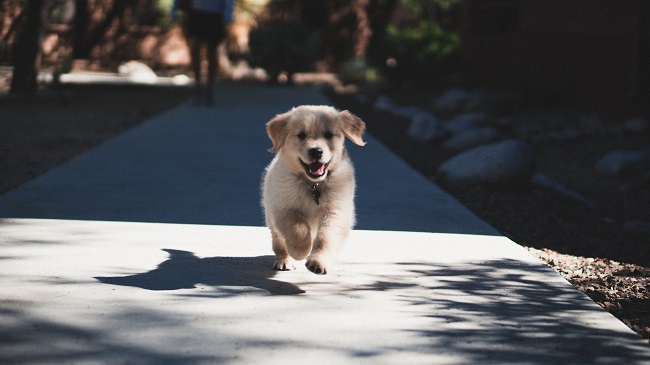
The first 12 weeks of a puppy’s life are a critical period for shaping their behavior, temperament, and overall outlook on the world. Socialization during this phase lays the foundation for a well-adjusted and confident adult dog. In this article, we will explore the importance of early socialization and provide practical tips for ensuring your puppy receives the best start in life.
Understanding Early Socialization
Early socialization refers to the process of exposing a puppy to a variety of positive experiences, people, animals, and environments during their critical developmental period. This exposure helps them build positive associations, learn appropriate behavior, and develop the necessary coping skills to navigate the complexities of the world around them.
The Importance of Early Socialization
Behavioral Development
Early socialization helps puppies develop appropriate behavior patterns and responses. It reduces the likelihood of fear, aggression, and anxiety-related issues later in life.
Positive Associations
By introducing puppies to new experiences in a positive and controlled manner, you create a strong foundation for lifelong confidence and adaptability.
Learning
Puppies are like sponges during this period, absorbing new information and experiences quickly. Socialization aids in cognitive development and problem-solving skills.
Bonding
Positive socialization experiences create a stronger bond between you and your puppy, fostering trust and a lifelong companionship.
Practical Tips for Early Socialization
Positive Exposure
Introduce your puppy to various sounds, sights, and surfaces gradually. Expose them to different textures, objects, and elements like water, grass, and different flooring materials.
People and Other Pets
Expose your puppy to different people of all ages, sizes, and appearances. Arrange controlled playdates with well-mannered and vaccinated dogs to help them learn proper canine communication.
Environments
Take your puppy to different environments such as parks, busy streets, and public spaces. Gradually increase the level of exposure, keeping a close eye on their comfort level.
Handling
Gently touch your puppy’s paws, ears, mouth, and other body parts. This helps them become accustomed to grooming and veterinary procedures.
Positive Reinforcement
Reward your puppy with treats, praise, and playtime during and after each positive experience. This reinforces their positive associations with new situations.
Structured Training
Begin basic training using positive reinforcement techniques. Teaching commands like “sit,” “stay,” and “come” enhances their confidence and fosters a sense of accomplishment.
Socialization Classes
Enroll your puppy in a reputable puppy socialization class. These classes provide a controlled environment for learning social skills and interacting with other puppies.
Gradual Exposure
While introducing new experiences, monitor your puppy’s reactions. If they show signs of fear or stress, take a step back and proceed more gradually.
Conclusion
Early socialization is a gift you give to your puppy that continues to benefit them throughout their life. By providing positive experiences, interactions, and exposures during the first 12 weeks, you set the stage for a well-rounded and confident adult dog. Remember, every puppy is unique, so adapt your approach to suit your puppy’s personality and comfort level. With patience, consistency, and a nurturing approach, you’ll be helping your puppy embark on a journey of a lifetime filled with joy, trust, and harmonious companionship.
Related Articles & Free Email Newsletter Sign Up
The Alaskan Malamute: A Majestic and Loyal Family Companion
Understanding Why Dogs Jump on People and How to Correct the Behavior




Comment here